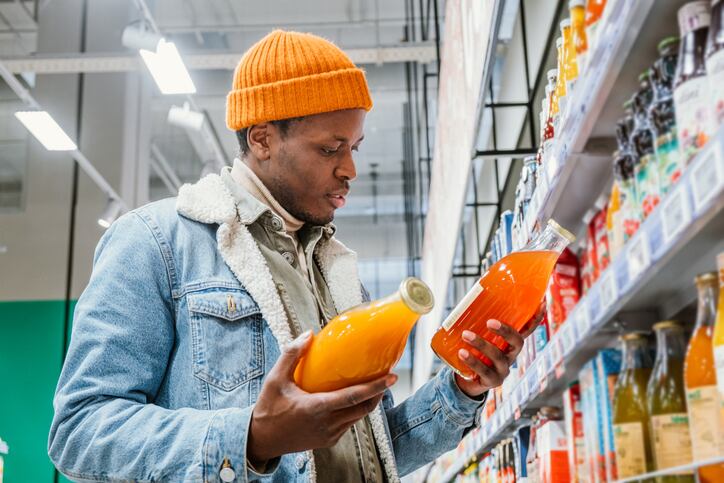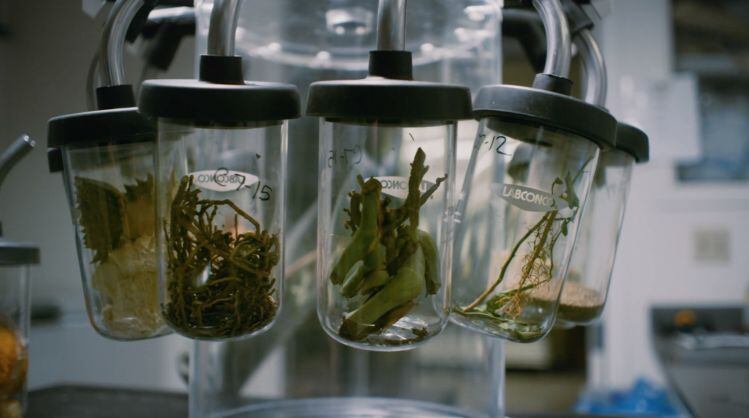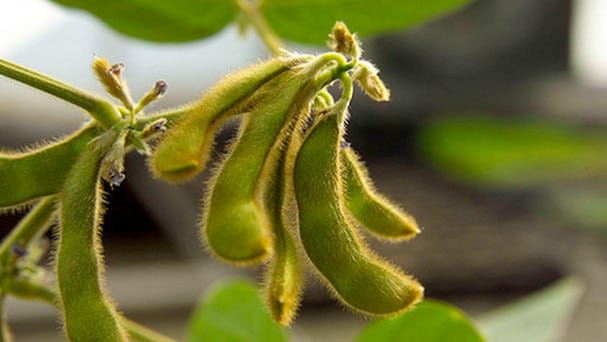Most consumers likely never have heard the term bioactivist, but a new survey commissioned by bioactives tech pioneer Brightseed shows that nearly half of US adults fall under the category.
The San Francisco-based company said a survey of 1,200 US adults in April revealed that proactive health-conscious consumers are seeking products with proven health benefits – and their numbers are growing.
Checking nutrition labels
The percentage of US adults categorized as bioactivists has increased sharply in the last three years to 45%.
In Brightseed’s most recent survey, more than two-thirds (68%) of adults who are considered bioactivists regularly check nutrition labels on products, more than 20% follow the latest health trends and more than 16% seek products with added nutrients.
More than a quarter of respondents will pay more for foods containing bioactives, and some 14% are more likely to try a new product that contains bioactives.
Three out of every five consumers said brands should improve the healthfulness of their products, communicate whether products contain bioactives and back those claims with science.
The rise of health-conscious consumers is good news for Brightseed, which uses its AI-powered research platform, Forager, to identify bioactive compounds and their health benefits at a molecular level.
Bioactives explained
Brightseed defines bioactives as biologically active molecules in plants and microbes that affect plants and humans. Many bioactives remain undiscovered, and less than 1% have been mapped by scientists, according to the company.
For example, caffeine is a well-known bioactive found in coffee and tea.
Bioactives often are referred to as phytochemicals, phytonutrients, nutraceuticals, bioactive nutrients, non-essential bioactive food components, according to John Erdman, professor emeritus of nutrition and food science at the University of Illinois Urbana-Champaign.
Erdman wrote in the peer-reviewed academic journal, Molecular Aspects of Medicine, in 2023 that the Office of Disease Prevention and Health Promotion, Office of Public Health and Science, HHS, defines bioactives as “constituents in foods or dietary supplements, other than those needed to meet basic human nutritional needs, which are responsible for changes in health status.”
Bioactivist community growing
The percentage of US adults considered bioactivists has nearly doubled from 27% over the last three years, according to David Blackwood, SVP, commercial at Brightseed.
Blackwood said Brightseed first commissioned the survey in 2022 to assess what percentage of US adults have a proactive health focus.
“They look for specific nutrition value, and they want to understand the impact or potential impact that food or supplements would have on their own personal health,” he said.
The trend toward healthier eating is nothing new, but consumers increasingly have focused on diet and nutrition in the last few years, according to Blackwood.
“The pandemic certainly had a big impact on people really thinking about their own personal health and how they can make their immune system more effective,” he said.
Brightseed’s bioactive detective
Lee Chae, a molecular biologist and co-founder and CEO of Brightseed, invented Forager in 2017 to decode tens of millions of natural compounds found to reveal once-hidden bioactives that can interact with human biology.
In 2024, the Forager technology was recognized by TIME’s Best Inventions award for its ability to harness AI and discover previously hidden compounds.
Brightseed has partnered with companies like Ocean Spray, Danone and ADM to discover bioactives, but the company also built relationships with organizations such as the Almond Board of California.
Brightseed announced in July that its research on almonds identified 530 phytochemicals, quadrupling the number previously reported. Those natural compounds are associated with health benefits to brain, gut, metabolic, cellular and immune health, the company said.
The company also is developing its own proprietary bioactive ingredients, according to Blackwood.
“One is shown to improve the gut barrier, and the other is a metabolic health ingredient shown to lower glucose and insulin levels,” he said. “We’re not competing with pharma solutions, but we have clinical evidence that shows that when you take our ingredient, one time per day at a reasonable dose level, you get lower glucose and insulin levels. We’re just now ramping up with that ingredient in the marketplace.”




